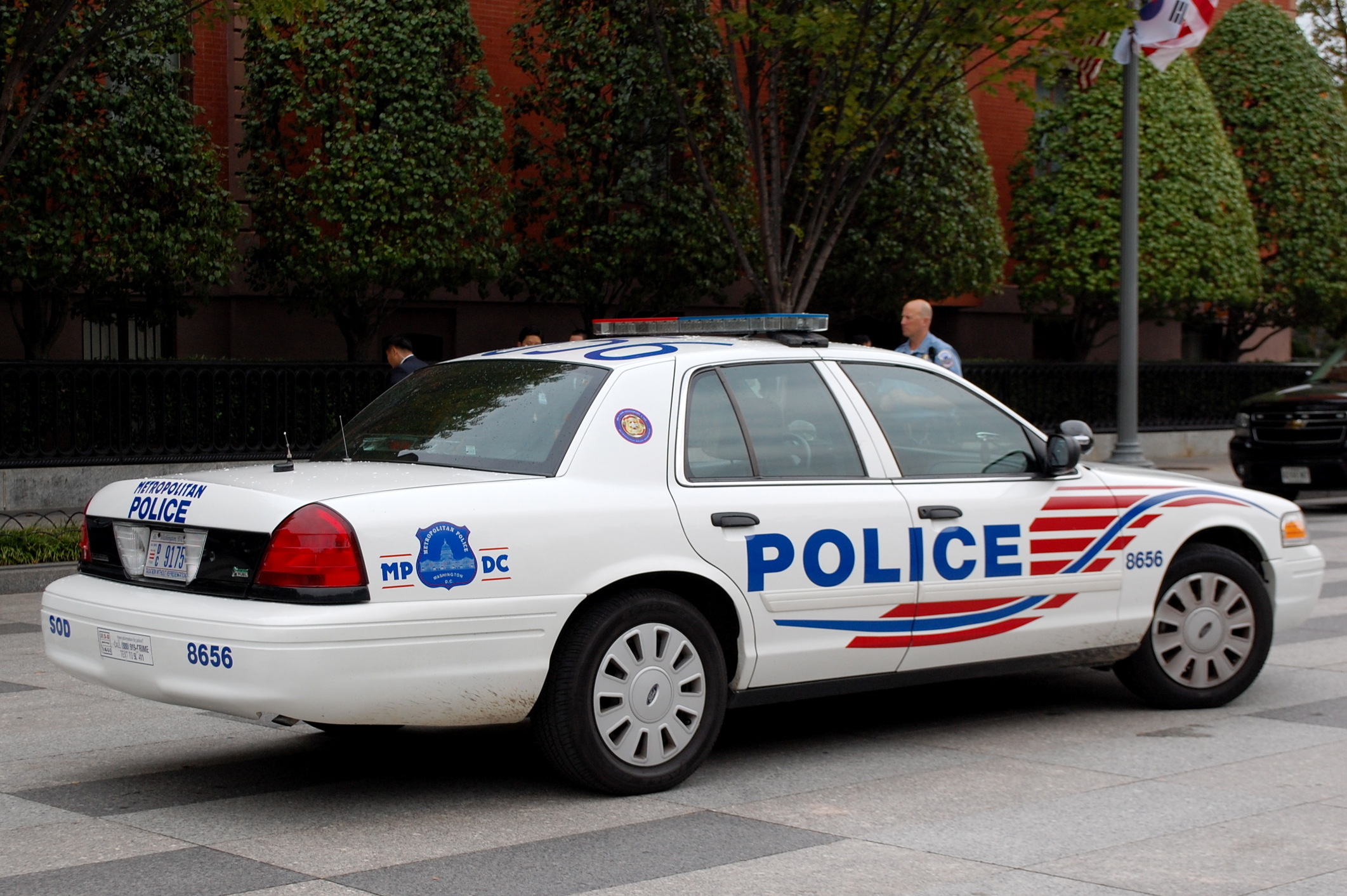WASHINGTON, D.C. — A 19-year-old man who attempted to carjack a Deputy U.S. Marshal assigned to the security detail of Supreme Court Justice Sonia Sotomayor was sentenced Thursday to 10 years in federal prison.
Kentrell Flowers, of Washington, D.C., pleaded guilty in February to brandishing a firearm during a crime of violence stemming from the July 5, 2024 incident. In addition to the 120-month prison sentence, U.S. District Judge Richard J. Leon ordered Flowers to serve five years of supervised release following incarceration.
According to court documents, the attempted carjacking occurred at approximately 1:17 a.m. on the 2100 block of 11th Street NW. Two deputy U.S. Marshals were parked in separate unmarked vehicles when a silver minivan approached. Flowers exited the van, approached one vehicle, and aimed a pistol at the deputy seated inside.
The deputy responded by firing four shots through the window, striking Flowers in the face.
A second deputy also discharged his firearm. Flowers fell to the ground and was given first aid by the marshals before being taken to a hospital. The two other suspects—one driving the minivan and another who fled on foot—remain at large.
Investigators recovered a loaded .40 caliber Smith & Wesson handgun at the scene. Prosecutors said the firearm was loaded with eight rounds.
Federal investigation and sentencing conclude violent encounter
“This was a direct threat to a federal officer in the line of duty,” said U.S. Attorney Jeanine Ferris Pirro in announcing the sentence. The case was investigated by the U.S. Marshals Service and the Metropolitan Police Department and prosecuted by Assistant U.S. Attorneys Jared English and Emory V. Cole.
The identity of the Supreme Court justice being protected at the time was not publicly disclosed in court filings, but the incident occurred while Deputy U.S. Marshals were on a protective assignment for Justice Sotomayor.
Flowers will serve his sentence in a federal correctional facility. No sentencing date has been set for any co-conspirators, as they remain unidentified.
